Search Results
Showing results 921 to 940 of 1028
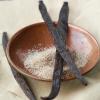
Molecule Match
Source Institutions
In this activity, learners will use their nose to sniff out hidden scents using extracts and cotton balls. Activity includes materials list, game instructions, STEM connections and more.
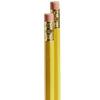
Depth Perception
Source Institutions
In this easy demonstration (3rd on the page), learners explore depth perception by conducting a test with two pencils.
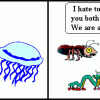
The Senses of "Unknown Creatures"
Source Institutions
In this activity, learners use earthworms as "unknown creatures" from the South American jungle to find out how animals use senses.
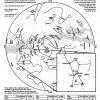
Supernova Star Maps
Source Institutions
This fun astronomy activity allows learners to experience finding stars in the night sky that will eventually go supernova. This activity is perfect for a star party outdoors.
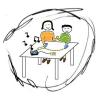
Making Circuits
Source Institutions
In this activity, learners explore electricity and conductivity to find that many things conduct electricity including copper, pencil lead, fruit, play-doh, and even people!
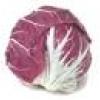
Cabbage Chemistry
Source Institutions
In this chemistry activity (page 5 of the PDF), learners make an acid-base indicator using cabbage. Learners then explore how various subtances react with this indicator.
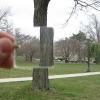
Gelatin Prism
Source Institutions
In this activity, learners make prisms from gelatin. Learners then shine light through the prisms and discover what happens. This activity introduces learners to the idea of refraction.
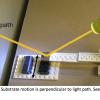
Exploring the Nanoworld with LEGO Bricks: Probing the Structure of Materials at the Nanoscale
Source Institutions
In this activity (pages 17-31), learners are introduced to techniques that are used to determine the structures of solid materials.

Crunch Time
Source Institutions
In this quick and easy activity and/or demonstration, learners use two empty 2-liter bottles and hot tap water to illustrate the effect of heat on pressure.
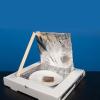
Cook Food Using the Sun
Source Institutions
Learners build a solar oven from a cardboard pizza box, aluminum foil and plastic. Learners can use their oven to cook S'mores or other food in the sun.
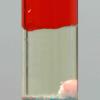
Five-Layer Density Column
Source Institutions
In this activity, learners can create five-layer density columns by employing one of three (or all) methods.
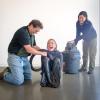
Feeling Pressured
Source Institutions
In this activity, learners (at least three) work together to explore the effects of atmospheric pressure.

Far-Out Corners
Source Institutions
Are there boxes, is this an illusion, or is this real life Q-bert? Illusions are always fun to build especially when you can build them.
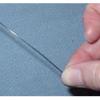
What Smart Metal!
Source Institutions
In this activity (pages 3-4), learners investigate the properties of smart materials, which are materials that respond to things that happen around them.

How Big is Small
Source Institutions
In this classic hands-on activity, learners estimate the length of a molecule by floating a fatty acid (oleic acid) on water.
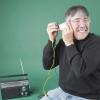
Cup Speaker
Source Institutions
Make your own speaker with a magnet, wire, and paper cup! If you have a radio with a headphone plug and an old pair of headphones, this is a great tinkering activity.
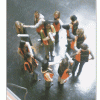
Running in Circles
Source Institutions
In this group activity, learners use some common objects and work together to simulate the Coriolis effect. During the challenge, learners make predictions and test different scenarios.
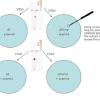
Transformation of E. coli Using Green Fluorescent Protein
Source Institutions
In this activity related to plant biotechnology, learners transform a strain of E. coli using green fluorescent protein from a bioluminescent jellies.
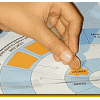
Light Quest
Source Institutions
Learners test their "light-smarts" by playing a game called "Light Quest!" The game board represents an atom and each player represents an electron that has been bumped into the atom's outer unstable
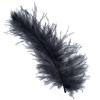
Falling Feather
Source Institutions
In this physics activity, learners recreate Galileo's famous experiment, in which he dropped a heavy weight and a light weight from the top of the Leaning Tower of Pisa to show that both weights fall
